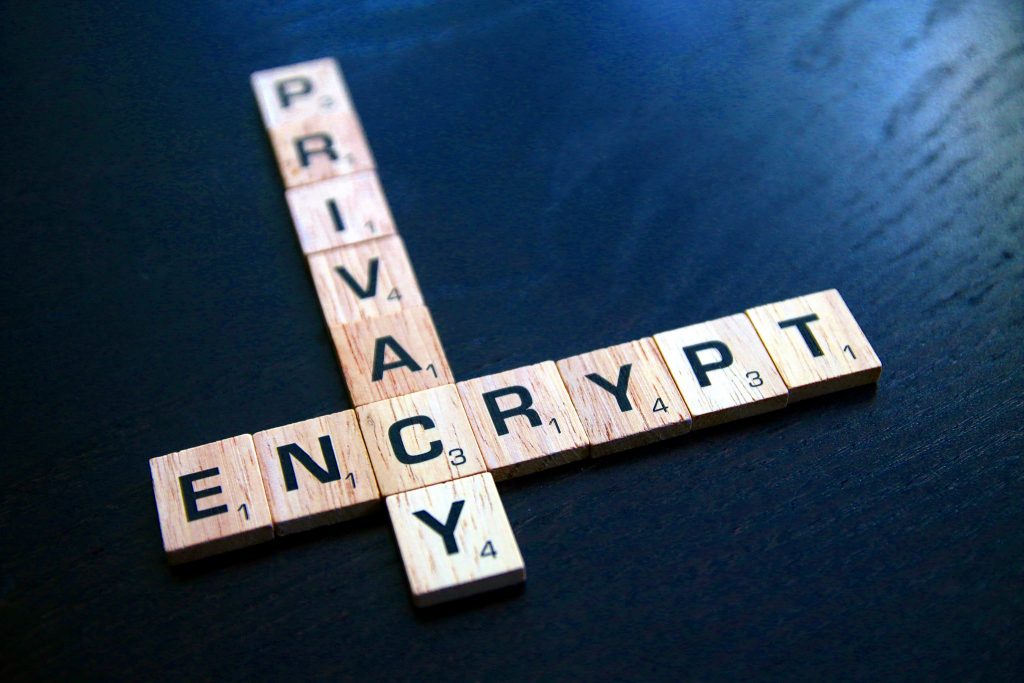Month: June 2019
Recent Posts
- Certifydoc on dual use civil-military mobility at Ferrmed annual conference
- Press Release – CERT connects Vocational Education with Europe: verifiable credentials, digital identity and ESCO harmonisation
- Certifydoc for ERCI Task Force on “Military Mobility”
- Press release – UPC Confirms Verified Legal Value of Certifydoc’s Certifications
- Tech Barcelona. Interview with Mario Scalabrino Certifydoc
Archives
- November 2025
- October 2025
- March 2025
- January 2025
- November 2023
- September 2023
- June 2023
- April 2023
- March 2023
- December 2022
- February 2022
- January 2022
- July 2021
- February 2021
- May 2020
- April 2020
- February 2020
- January 2020
- August 2019
- June 2019
- May 2019
- July 2018
- April 2018
- March 2018
- January 2018
- December 2017
- May 2017

Recent Comments